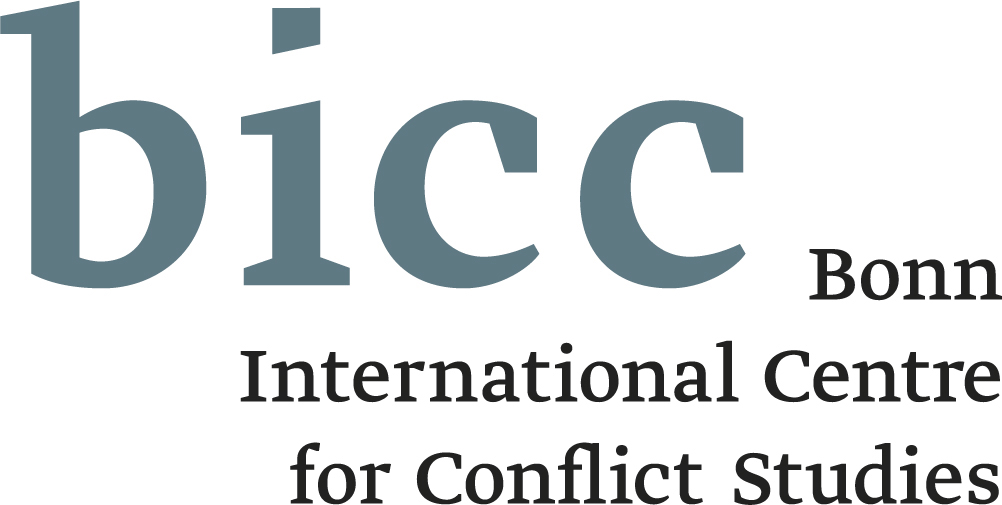Policy Advice
Policy advice is an important aspect of knowledge transfer and works to inform and legitimize the political decision-making process. The research arm of this undertaking focuses on current political debates and issues, generating academic problem analyses and strategies for their solution.
Policy advice can be provided by participation in advisory bodies and advisory committees, as well as by providing policy makers with specific topic-related publications, evaluations, statements and presentations. Another way of sharing policy advice is the publication of scientific research results and introducing them into the current political discourse.
BICC organizes its work based on the concept of a “knowledge circle”, which combines applied research and advisory work to provide a service for stakeholders in science, policy, the general public and for local actors. To this end, BICC combines applied research with policy and technical advice involving the systematic collection and processing of data and geographical information systems. BICC engages in capacity development and addresses the public with education and information offers. BICC conducts its research and transfer activities with the aim of influencing political and social processes.
BICC works on the assumption that a systematic, target group-oriented public relations strategy is an important aspect of its “knowledge circle”, linking research and practice. To this end, it organizes and presents a range of publications, websites, events, exhibitions and international and national public information campaigns. Its publications are aimed not just at researchers, but a wide range of stakeholders and a wider public and seeks to facilitate the transfer of research findings.
The applied research of BICC supports political discourse by making empirical findings available to inform a range of political debates. BICC is active in a number of advisory committees working in the area of peace and conflict resolution. It works to support political decision-makers through the provision of individually-tailored specialist publications such as the Peace Report (published since 1987 in cooperation with several peace research institutes), the maintenance of a number of databases such as the Global Militarization Index and the provision of presentations and lectures.
The German Institute of Development and Sustainability (IDOS) was established to conduct research closely integrated with policy advice work and training activities. It provides independent advice relating to topics of sustainable development and international cooperation based on empirical scientific research. Its services are designed to support the work of national and international stakeholders and decision makers in public institutions, civil society groups, the private sector, and the research community.
IDOS assists the work of several public institutions in Germany, Europe and the wider world such as the German Federal Ministry for Economic Cooperation and Development (BMZ), a range of German and European public institutions and networks, especially those active in the development sector.
In addition, IDOS advises business and contributes to the political discourse in an advisory capacity by picking up on global trends in its research at an early stage and deriving options for action from the results; bundles worldwide discourses in the field of international politics and cooperation and sustainable development; develops policy-relevant concepts from these; and intervenes in debates to take a position on relevant transnational and global issues and to identify possible solutions.

